Beauty's Latest Social Media Trend? Deinfluencing
Deinfluencing, the latest viral TikTok trend, involves users sharing what products influencers didn’t like and suggesting alternatives.
Deinfluencing could seem like atypical behavior for creators as they are usually wary of giving negative reviews of products for fear of alienating potential brand partners. However, deinfluencing reinforces what creators need to do to build long-term trust with their audiences: honesty.
According to Business of Fashion, “For creators dealing with swelling competition for brand deals and advertising dollars (which are facing renewed scrutiny in the current economic climate), convincing followers they’re trustworthy has never been more important. Rather than a pushback on influencer marketing as a whole, deinfluencing’s emergence actually should serve as a reminder that when it comes to longevity in the influencer marketing space, honesty and candour are essential.”
In other news…
The Bold Glamour filter was all the internet was talking about -- with over 9.3 million videos posted and the hashtag viewed 109 million times. It has become the top trending beauty filter on TikTok. According to Business Of Fashion, plenty of TikToks condemned the filter (“this beauty filter should be illegal,” and “how tf is this a filter” etc.), while others gave detailed tutorials on how to achieve “Bold Glamour” with makeup in the real world.
While this new filter is said to capture the “homogenous look of it all” (Jennifer Sullivan, co-founder and co-hose of Fat Mascara), it is feeding us back into a fake version of what we think “beautiful” is. For many, it is hard to see what anyone really looks like anymore and to decipher what is real from what is fake.


